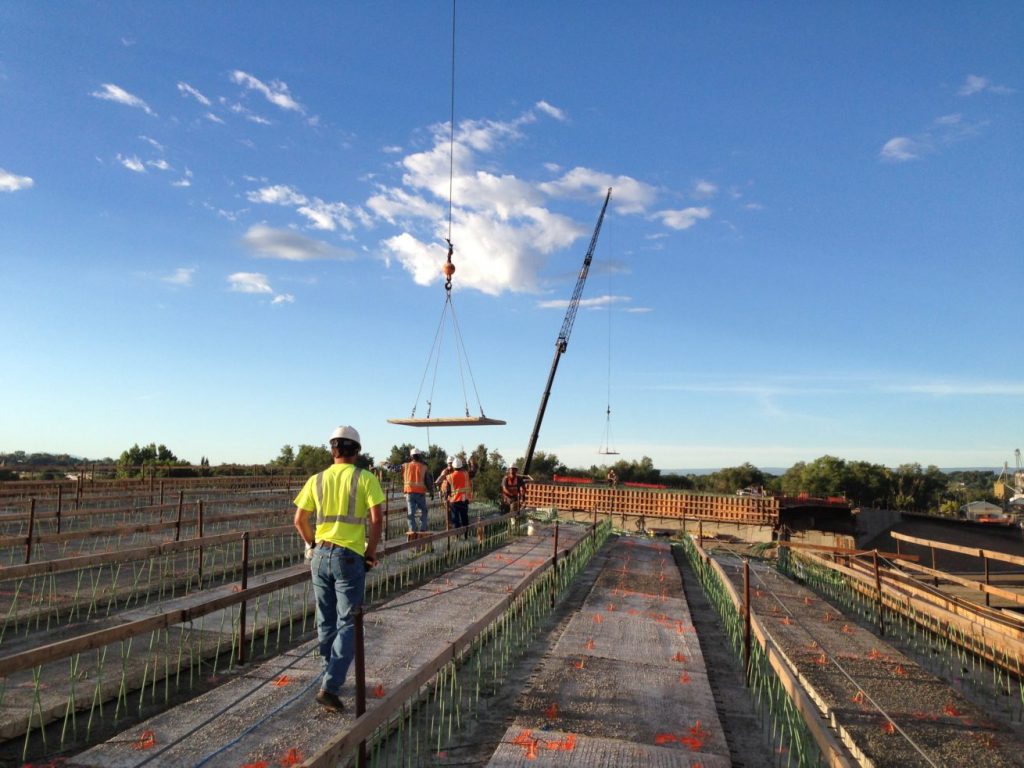Find An Infrastructure Job!
So, you have decided the infrastructure industry is a great career option for you. Now what? It is time to start exploring how to find an infrastructure job. There are countless options to explore. This blog will help you find your infrastructure job.
Find an Infrastructure Job (With No Degree)
- Update your resume: Before you begin, make sure you have your resume in order. Draw on any relevant work experience from the past. Consider all the work and projects you have contributed to beyond jobs you were just paid for. A well-rounded person is ideal of the industry. Try and demonstrate your curiosity to learn new skills.
- Search smarter: If you’re searching for jobs online, look for construction jobs that advertise little to no experience required. Don’t only use job posting site. Search google for companies and cities you’re interested in. Then start calling. There is nothing wrong with taking an entry level position. All you need to do is get a foot in the door.
- The internet is only a tool: The internet is a tool not the answer. There are too many people these days who think by sending a resume out that they have done enough. I disagree with this. Follow up with phone calls to companies you are interested in. If the companies are local to you, go to the job sites and ask to talk to someone in charge. Making a personal connection will go a long way in showing someone you are serious. It will also set you apart from others looking for the same position.
Find an Infrastructure Job (With a Degree)
- Choose wisely: Don’t waste time with classes that will not help your career. It is good to be well rounded. This does not mean jazz class will help your construction career. Many schools offer different focuses in their programs. Some schools focus on residential construction, others on commercial, and other on highway. You need to know what the school teaches. And if the school only offers one sector this is ok. I went to a school that mainly focused on residential developments. I work in highway infrastructure now. If your fundamentals our sound you will be ok.
- Become an intern: Internships are some of the most valuable work experiences you can get as a young professional. Internships will help you see what aspects of the industry you like and don’t like. It will also provide you with experience.
- Find a job: Most schools offer job fairs. Make sure you take advantage of these opportunities. Also use online tools to search for jobs. Indeed and zip recruiter are great places to search. Also call companies in cities you want to live and start calling. When I graduated, I called over 20 companies in Denver asking if they were hiring. This is how I got my first job.
Some Top Jobs
-
Construction Project Managers
-
Plumbers
-
Civil Engineers
-
Ironworkers

-
Construction Equipment Operators



